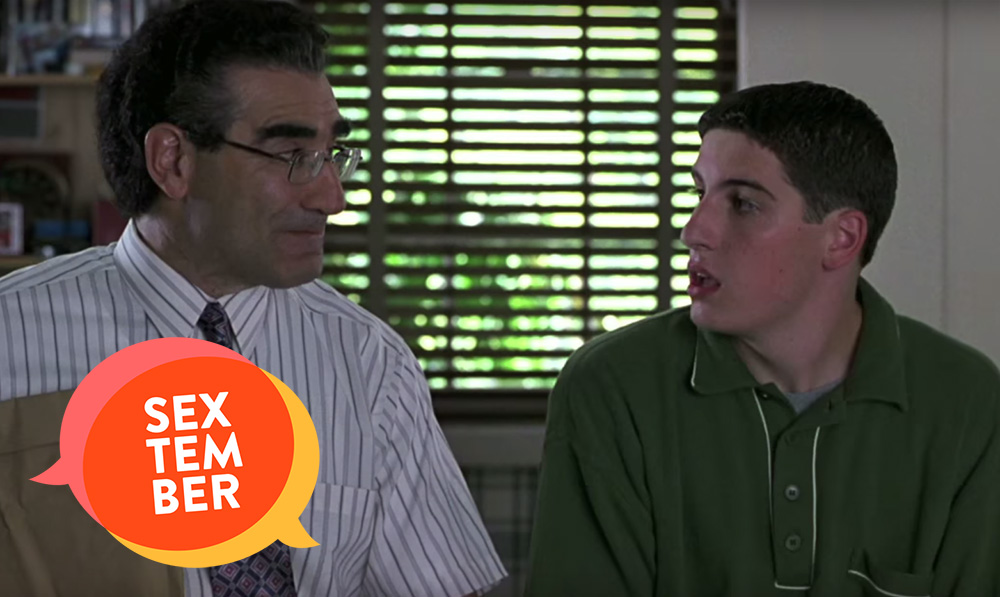Often, the apple does not fall far from the tree. Parents have a huge influence on their children, especially when it comes to their perception of relationships and sex.
In more open cultures, parents may supplement what is taught in school or through media exposure by educating their children. Governments may also offer a guide for parents on how to properly address issues of sex, relationships, and sexual identity to their children.
But parents in other societies may consider such topics inappropriate to talk about. Many even refuse to acknowledge or speak to their children about relationships and sex and consider it strongly taboo.
Because of this, many of the international students we spoke to feel their parents could have played a stronger role in helping them navigate their own relationships. South Korean student Louis was one such student who felt his parents maintained a conservative attitude towards any relationships he would’ve found himself in.
“I think my parents will be a little bit sensitive if we discuss things like that,” he said. “I feel like that it’s kind of a pity to lose their support about my dating.”
When asked about what advice they wished their parents would have given them, Chinese student Eva said she wished her parents had taught her how to reject unwanted attention.
“They should have taught me how to turn a boy down without hurting them because I’m so not good at this,” Eva said.
Of course, not all parents from conservative cultures are as restrictive. For those with parents who are open, these conversations can be easy and provide guidance. A Taiwanese student said his parents told him any age was a good age to be in a relationship as long as they fell in love with each other.
And who you get advice from will differ too. Most of our female interviewees did seek advice from their mothers, while many of the males we spoke with said they’re more willing to talk about relationship problems with their friends.
Dharini, a Malaysian student spoke of her experience with her parents and how different they are. Her father never spoke to her about relationships or sex and only placed heavy emphasis on her education.
“My mom, on the other hand, says that whoever shall be your partner should be your best friend. You should know the person really well (in and out), you should know who you’re with. Be familiar with your partner. Start as best friends,” said Dharini.
While some students wished they were given more advice and tips on sex, others preferred learning on their own like this Monash College student who preferred to remain anonymous.
“I prefer to discover life on my own. Some believe that, in a relationship, you would have some sort of natural instinct of how this works without getting advice from others,” the Monash College student said.
However you get your sex education, what does seem clear after talking to some of these students is that having parents who are more open to talking about these issues may grant you a healthier perspective on relationships in your own life. These discussions can even bring you closer to your parents too.
Have you ever spoken to your parents about sex or relationships? Is this something you wished they had talked to you about? What advice did you get them your parents? Was it useful? And do you agree that it’s important for parents to open this discussion up with their parents, regardless of cultures? And if you’re a parent reading this, how do you feel when you talk to your child about these issues? Is it important to you and why? Let us know in the comments below!
This story was produced by Media and Communication students at Trinity College Foundation Studies as part of Meld’s community newsroom collaboration. Education institutions, student clubs/societies and community groups interested in being involved can get in touch with us via meld@meldmagazine.com.au.

